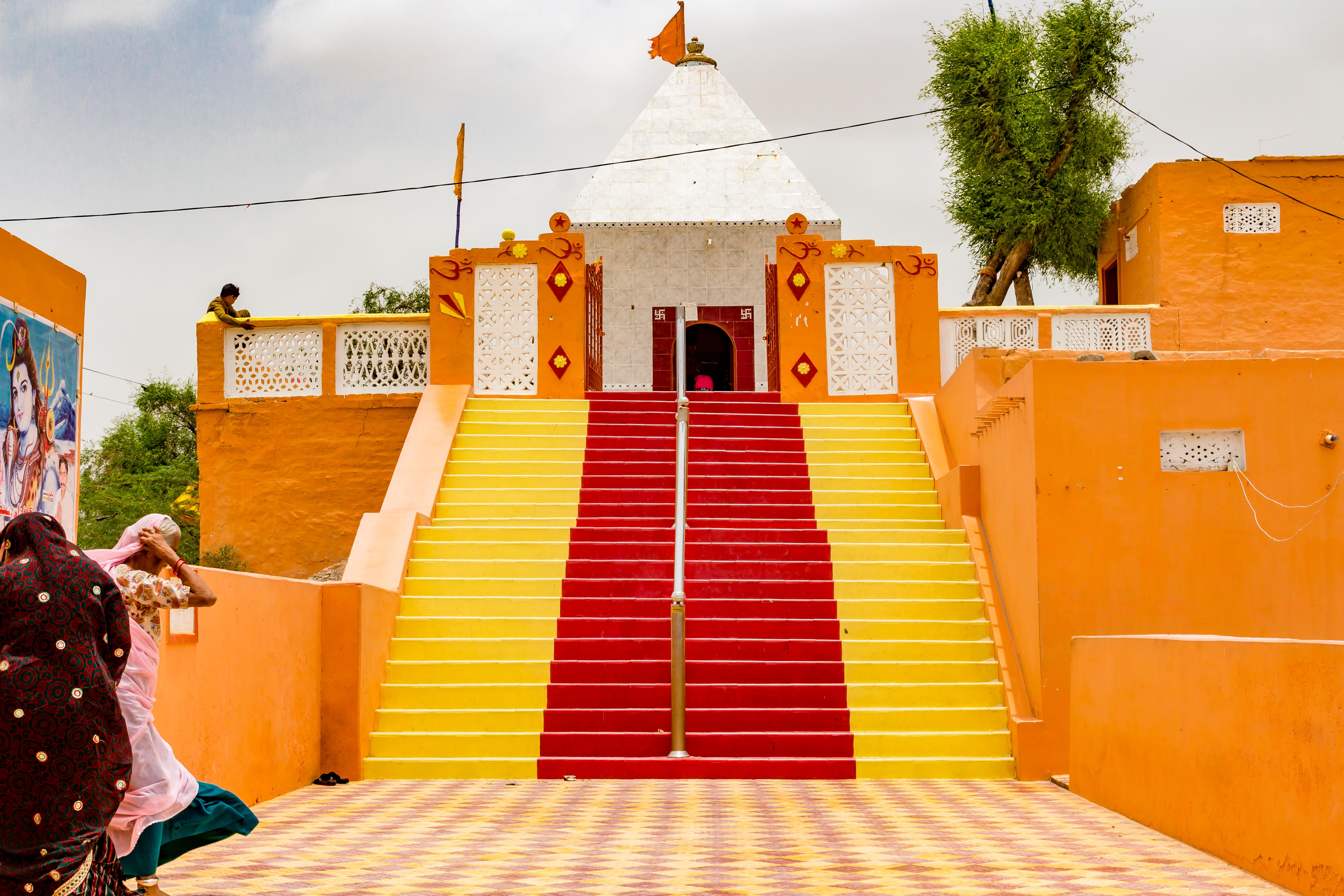|
Rana Ratan Singh
Rana Ratan Singh was a hereditary land owner in Umerkot, belonging to Sodha sub clan of Rajputs. Rana killed the British appointed Governor of Umarkot Fort, Syed Mohammad Ali, in 1847, during a tax protest. He was soon after tried and convicted of committing murder and treason, and hanged in Umarkot Fort, by the British. References {{Reflist Thari people People executed by British India by hanging People from Umerkot District ... [...More Info...] [...Related Items...] OR: [Wikipedia] [Google] [Baidu] |
Umerkot
Umerkot (formerly known as Amarkot) is a city in the Sindh province of Pakistan. The local language is Dhatki, which is one of the Rajasthani languages of the Indo-Aryan language family. It is most closely related to Marwari. Sindhi, Urdu and Punjabi are also understood by the citizens. Etymology The name of the city is named after a local Ruler of Sindh Umer Soomro of the Umar Marvi story which also appears in '' Shah Jo Risalo'' and is one of the popular tragic romances from Sindh. However, the myth of Umer Marvi is believed to have been made up to islamise the history of Amarkot which was named after its original founder, Amar Singh. History Amarkot province was ruled by the Sodha Rajput clan of Hindu Rajputs during the medieval time period. Rana Parshad, the Sodha Rajput ruler of Umarkot, gave refuge to Humayun, the second Mughal Emperor when he was ousted by Sher Shah Suri, and next Mughal Emperor, Akbar was born here. Later on, Akbar brought northwestern India, i ... [...More Info...] [...Related Items...] OR: [Wikipedia] [Google] [Baidu] |
Umarkot Fort
Amarkot Fort ( ur, ; Sindhi: ), is a fort located in Umerkot, Sindh, also called Amarkot ( ur, ; Sindhi:), Umerkot was founded and ruled By Sodha Rajputs of Parmar Dynasty. It was named after its founder Rana Amar Singh Sodha. Emperor Akbar was born in Umarkot Fort when his father Humayun fled from the military defeats at the hands of Sher Shah Suri on 15 October 1542. Rana Prasad Singh Sodha of Umarkot, who had risen to power, had given refuge to Mughal Emperor Humayun, and it was there Hamida Bano Begum gave birth to young Akbar. Later the Mughal Emperor Akbar became the Shahenshah of Hindustan and was a popular figure with both Hindus and Muslims. Umerkot has many sites of historical significance such as Mughal emperor Akbar's birthplace near to Umarkot Fort. Currently, King Akbar birthplace is an open land. In 1746, the Mughal Subahdar, Noor Mohammad Kalhoro, built a fort at the location. Later the British took over that area. Amarkot Fort was built by Rana Amar Singh in ... [...More Info...] [...Related Items...] OR: [Wikipedia] [Google] [Baidu] |
Thari People
The Thari also known as the Dhatki (, ) are an Indo-Aryan ethno-linguistic group who reside in the Thar Desert, which is divided between Pakistan as well as India. The Thari live primarily in Tharparkar, a district of Sindh, parts of Kutch district of Gujarat, and Jaisalmer in Rajasthan. Lifestyle and Culture The Thar live in the harsh environment of the Thar Desert, which explains why they are always running after their water, camel, donkeys, etc. The Thari marry early, often during teenage years. They wake up early and herd the animals with the females waking up earlier than the men. The Thari are known for their carpet industry, and earlier in history they used to make shawls. The Thari also celebrate Lok Mela, along with the Sindhis. The Thari have suffered throughout history due to the environment they live in, but as the world progresses into a new era, the Tharis have been suffering even more with no cars or phones. The music of the Thari is regarded as Rajsthani ... [...More Info...] [...Related Items...] OR: [Wikipedia] [Google] [Baidu] |
People Executed By British India By Hanging
A person ( : people) is a being that has certain capacities or attributes such as reason, morality, consciousness or self-consciousness, and being a part of a culturally established form of social relations such as kinship, ownership of property, or legal responsibility. The defining features of personhood and, consequently, what makes a person count as a person, differ widely among cultures and contexts. In addition to the question of personhood, of what makes a being count as a person to begin with, there are further questions about personal identity and self: both about what makes any particular person that particular person instead of another, and about what makes a person at one time the same person as they were or will be at another time despite any intervening changes. The plural form " people" is often used to refer to an entire nation or ethnic group (as in "a people"), and this was the original meaning of the word; it subsequently acquired its use as a plural f ... [...More Info...] [...Related Items...] OR: [Wikipedia] [Google] [Baidu] |

_1938.jpg)